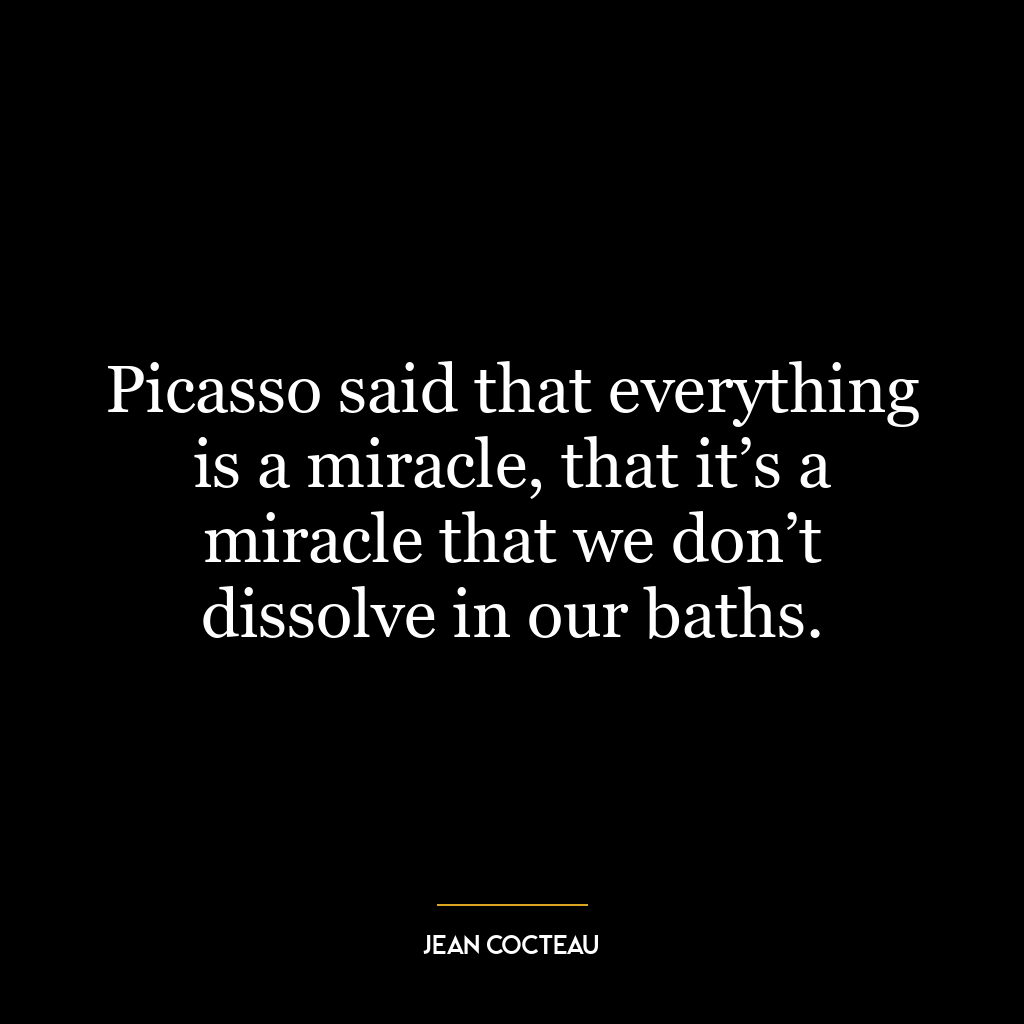The quote “You say they create their own reality,” said Veronika, “but what is reality?” is an exploration of the concept that our perception of the world is subjective and individual. It suggests that our understanding of reality is not a fixed, objective truth, but rather a construct shaped by our beliefs, experiences, and perspectives.
In this context, “creating their own reality” refers to the idea that individuals have the power to shape their interpretation of the world around them. It suggests that the way we perceive our environment, interactions, and experiences is significantly influenced by our mindset and attitude. For instance, two people can experience the same event but have completely different interpretations of it based on their personal perspectives.
But then, Veronika questions, “What is reality?” This introduces a philosophical debate about the nature of reality itself. Is reality a shared, objective truth that exists independently of our perceptions, or is it a subjective construct that differs from person to person? The question implies that reality might not be a concrete, universal concept, but rather a fluid and personal interpretation of the world.
Applying this concept to today’s world or personal development, we can understand that our reality can be influenced by our mindset. If we hold a negative outlook, our reality will be tinted with that negativity, and vice versa. This is the foundation of many personal development strategies that encourage positive thinking, mindfulness, and self-awareness.
For instance, in the face of adversity, viewing challenges as opportunities rather than obstacles can shift our reality to one of growth and potential. Similarly, practicing gratitude can transform our reality into one of abundance and appreciation.
In a broader societal context, this quote can be linked to the idea of ‘echo chambers’ or ‘filter bubbles’ in digital media, where algorithms create a reality that reinforces our existing beliefs and biases. This highlights the importance of challenging our perceptions and seeking diverse perspectives to gain a more comprehensive understanding of reality.
Therefore, this quote is a call to introspection, to question our assumptions about reality, and to recognize the power we hold in shaping our own experiences and perceptions.








